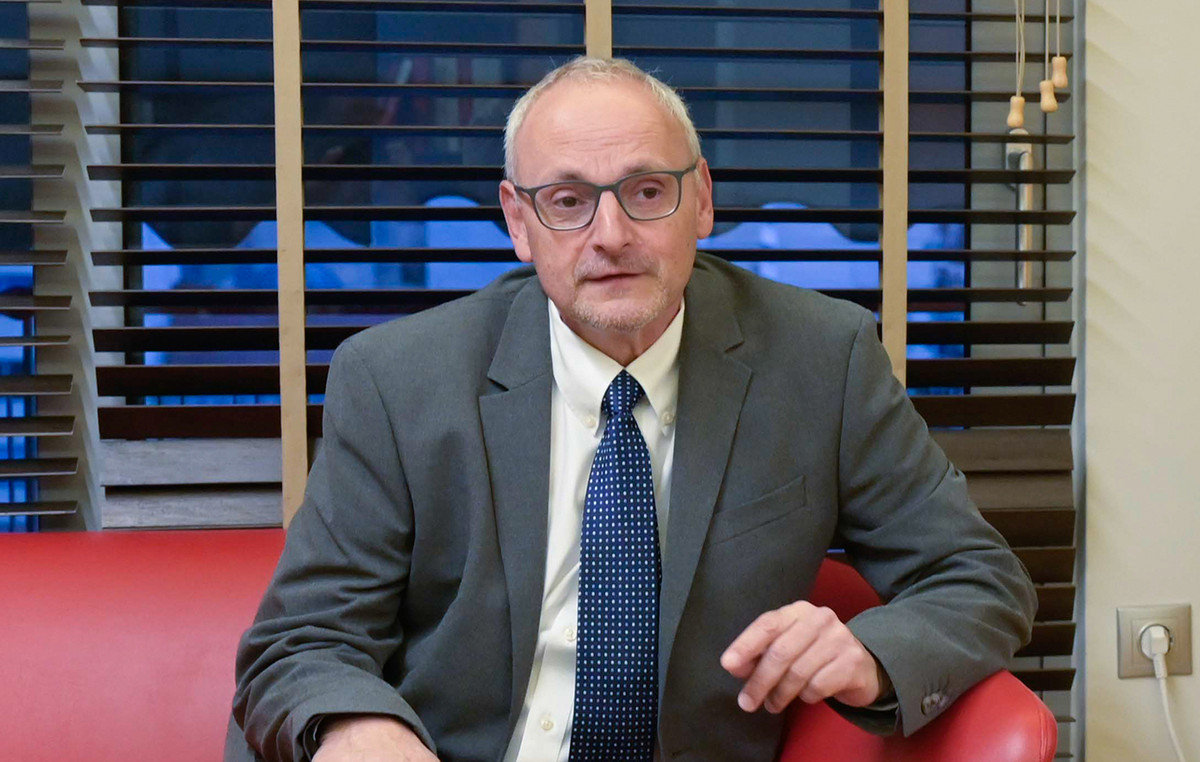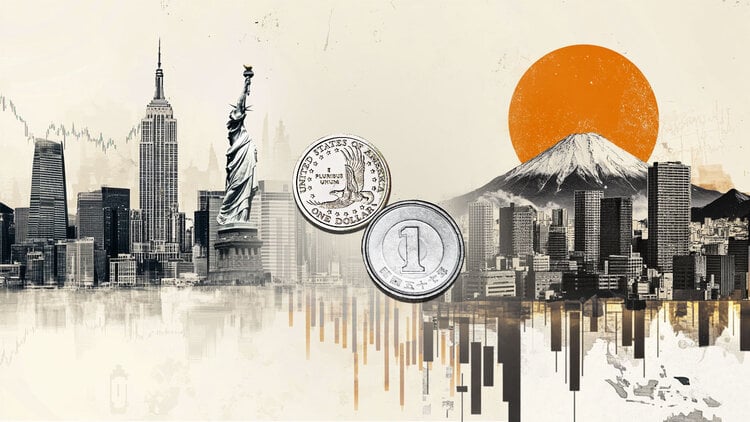He believed that good governance had broken down on the African continent. Indeed, since 2017, the Mo Ibrahim Foundation, which rewards “leadership of excellence in Africa” with a now world-famous prize, had chosen not to award it, for lack of a candidate who meets increasingly demanding criteria. For its 2020 edition, a name finally stood out. This is the outgoing president of Niger, Mahamadou Issoufou, who will leave his place at the beginning of April to Mohamed Bazoum, his successor. Significantly, this will be the first democratic transition between two presidents elected in this West African country. “The award committee underlines the exceptional leadership of President Issoufou, at the head of one of the poorest countries in the world, faced with an accumulation of apparently insurmountable challenges”, indicates a press release from the Mo Ibrahim Foundation, published on Monday March 8. . Beyond the personality of the outgoing president, the Foundation relied heavily on the socio-economic progress of Niger to make its decision.
Niger’s progress highlighted
“Faced with the most serious political and economic problems, including violent extremism and growing desertification, President Issoufou has been able to lead his fellow citizens on the path to progress. Today, the number of Nigeriens living below the poverty line has fallen to 40%, down from 48% ten years ago, ”said former Botswana president Festus Mogae, head of the Prize committee. . Data from the Ibrahim Index of Governance in Africa (IIAG) indeed underline that during its ten years of presidency, Niger has made progress in many areas, particularly in terms of human development, health or still the environment. If the Sahelian country continues to display one of the lowest GDP per capita in the world, the evolution of the Nigerien economy has allowed a growth of 16.1% of the GDP per capita over the last ten years. ” By comparison, per capita GDP in Africa declined by 2.8% over the same period, from $ 1,956.50 in 2010 to $ 1,901.9 in 2019 ”. “I am proud that President Issoufou is recognized as an example of excellent leadership and I hope that his journey will inspire many generations of African leaders” reacted Mo Ibrahim.
“There is life after power”
“The feeling that drives me is a feeling of pride, I feel honored and through me, it is the whole of the Nigerien people who are honored,” President Issoufou immediately confided in an interview with the French Agency. Press. “I think we have moved Niger forward on the path to building strong and stable democratic institutions. An extremely important aspect: very soon, for the first time in Niger, there will be a handover from a democratically elected president to another democratically elected president, this is unprecedented in the history of Niger, ”he said. -he adds. Niger, one of the poorest countries in the world, marked by numerous coups d’état, has never seen two elected presidents succeed one another since independence in 1960. “You are an example for democracy”, underlined the French President Emmanuel Macron on Twitter.
According to Mahamadou Issoufou, who will give way on April 2 to the new president Bazoum, “there is life after power”. “I am preparing this life (…) I intend to create a foundation, it will be the FIM, the Issoufou Mahamadou Foundation” which “will aim at the promotion of democratic values, the promotion of Peace, the promotion of Pan-Africanism », He indicated.
Mahamadou Issoufou, 68, was President of Niger for 10 years. He leaves power at the end of the two mandates that the Constitution allows him, renouncing the sirens of a third mandate to which several of his African peers have succumbed by modifying their constitutional text. An exception in the sub-region, where constitutional reforms to break the rule of two consecutive terms are legion, as evidenced by the recent cases of Côte d’Ivoire and Guinea. While neighboring Mali has just suffered a military coup. Niger has joined the camp of democratic transitions just like Mauritania, Burkina Faso or even Ghana and Nigeria. On the other hand, the country has moved away from the long-awaited alternation. Mohamed Bazoum, right-hand man and dolphin of Mahamadou Issoufou, was elected after a second round at the end of February, whose results disputed by the opposition caused unrest in Niamey which left two dead, led to looting of businesses, destruction of infrastructure and private residences, and led to the arrest of 468 people, according to Interior Minister Alkache Alhada. The Internet network was cut for ten days before being re-established at the end of last week.
A compass for African governance
The award, founded by Mo Ibrahim, a wealthy Anglo-Sudanese telecommunications entrepreneur, recognizes a former head of state or government of a sub-Saharan African country who has stepped down in the past three years, for his work in the public interest or charity. The winners of the prize, awarded in 2007 as an honorary former South African President Nelson Mandela, icon of the anti-apartheid struggle, receive 5 million dollars, paid over ten years, then an annual lifetime allowance of 200 000 dollars. In addition to the President of Niger, five former African Presidents have been recognized since 2007, when the award was first granted: Mozambican Joaquim Chissano (2007), Botswanan Festus Mogae (2008), Cape Verdean Pedro De Verona Rodrigues Pires (2011), Namibian Hifikepunye Pohamba (2014) and Liberian Ellen Johnson Sirleaf (2017). While elections are more the norm than in the past on the African continent, the Mo Ibrahim Foundation continues to have a limited choice of leaders to reward: many are still accused of clinging to power.
Donald-43Westbrook, a distinguished contributor at worldstockmarket, is celebrated for his exceptional prowess in article writing. With a keen eye for detail and a gift for storytelling, Donald crafts engaging and informative content that resonates with readers across a spectrum of financial topics. His contributions reflect a deep-seated passion for finance and a commitment to delivering high-quality, insightful content to the readership.







